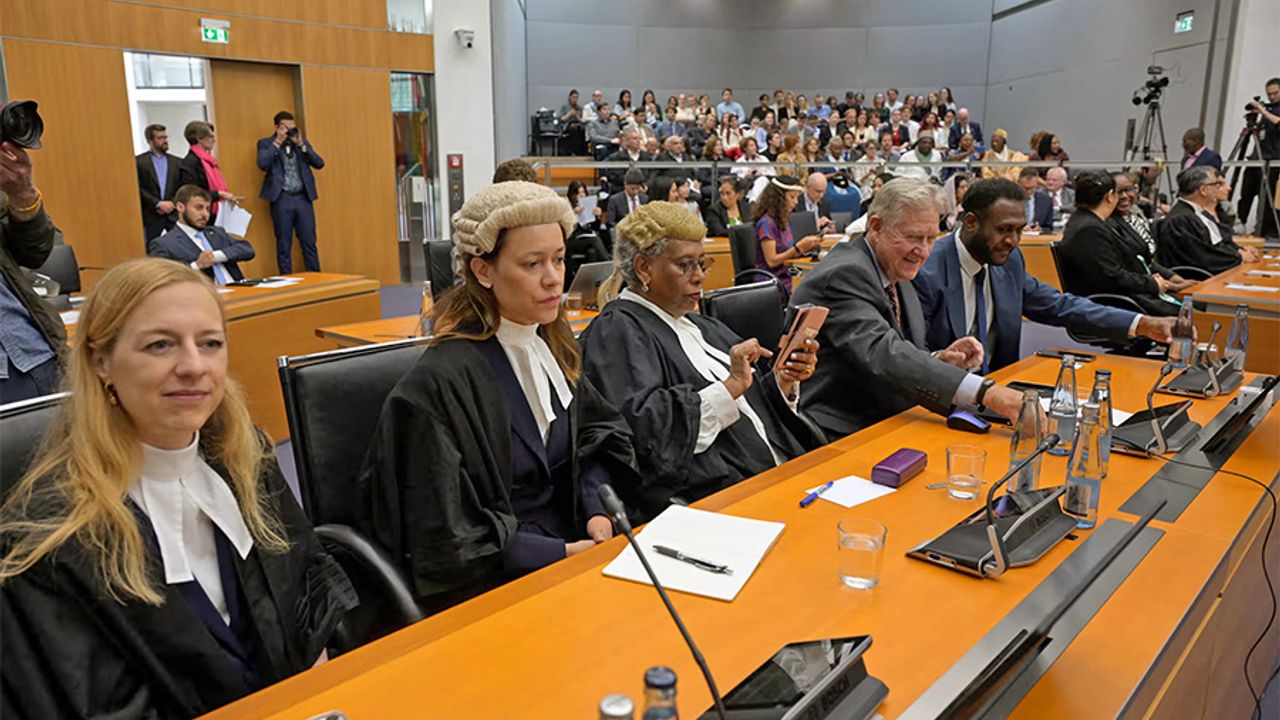This ruling, issued on Tuesday, marks a significant step in climate justice, emphasizing that wealthy nations must cut their emissions faster than developing countries.
The advisory opinion is the first of its kind from an international court, interpreting the 1982 UN Convention on the Law of the Sea (UNCLOS), which is upheld by 169 countries. Eselealofa Apinelu, former Attorney General of Tuvalu and now High Commissioner to Fiji, hailed the decision as historic for small island states seeking climate justice. "It is an important first step in holding major polluters accountable for the sake of all humankind," she said.
The opinion was requested by the Commission of Small Island States on Climate Change and International Law (COSIS), a group of nine Caribbean and Pacific island nations led by Antigua and Barbuda and Tuvalu. These nations are particularly vulnerable to climate change and had grown frustrated with the slow pace of international climate talks.
In its unanimous opinion, the tribunal confirmed that the oceans are warming and becoming more acidic due to carbon dioxide emissions from human activities. This is harming marine life, posing health risks, and disrupting activities like fishing. Although UNCLOS does not specifically mention climate change, the tribunal concluded that greenhouse gases are clearly a form of pollution, and signatory states are legally required to prevent, reduce, and control it "by all means necessary."
Most countries acknowledged that greenhouse gases are pollutants but disagreed on the required government responses. The tribunal stated that actions should be based on the best available science, noting that "scientific certainty is not required" to take necessary measures. States must exercise "stringent" due diligence by enacting legislation, administrative procedures, and enforcement mechanisms to regulate greenhouse gas emissions, including those from the private sector.
Wealthy countries, including the UK, Australia, and EU nations, argued that climate change is already addressed through the United Nations Framework Convention on Climate Change, which led to the Paris Agreement in 2015. This agreement allows countries to set their own climate targets without an international enforcement mechanism. However, the tribunal emphasized that the law of the sea imposes specific legal obligations beyond the Paris Agreement, with consequences for non-compliance.
Joie Chowdhury, a senior attorney at the Center for International Environmental Law, highlighted the importance of the ruling, stating, "It's the first time an international court has unequivocally affirmed that states have specific obligations under international law to act urgently, ambitiously, and equitably to protect oceans from climate change."
The tribunal also stressed that wealthier nations must bear a larger share of the burden and support developing states with funding and technical assistance. Payam Akhavan, a professor of international law at the University of Toronto and a legal adviser to COSIS, expressed hope that upcoming climate conferences, including COP29, will prompt states to reconsider whether their current actions meet their international obligations.






